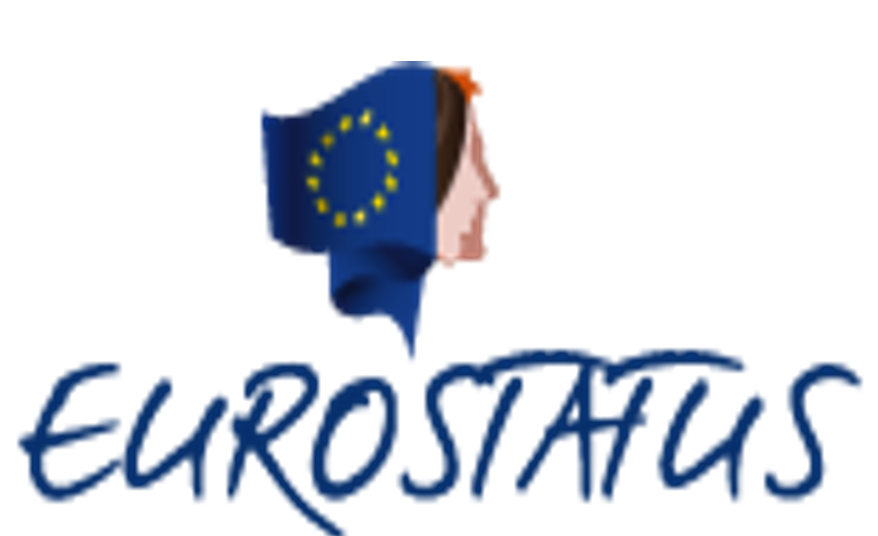
Programme: Jean Monnet – Erasmus+ (2014-2020)
Typology: Jean Monnet Project
Duration: 1/9/2016 – 31/8/2018
Coordinator/Beneficiary: Università degli Studi di Perugia (Department of Law)
Academic Coordinator: Antonio Bartolini
Key Staff: Valentina Colcelli, Roberto Cippitani
Website:
1. Background and Rationale
The expression “status” is traditionally used as set of rights and obligations concerning an individual as subject to a national legal system.
The process of EU integration influences the concept of Individual’s status from several standpoints. To achieve its aims the EU legal system introduces several status (such as EU citizen, worker, enterprise, consumer, etc.), while at the same time it is modifying the traditional ones (such as party of contract, member of family, owner, etc.).
The EU integration identifies a specific status of individuals, as since the judgment Van Gend en Loos it has been stated.
However such fundamental notion is studied only from some fragmentary perspectives and it is not fully known by citizens.
2. Objectives
The Project will aim at:
- bringing together scholars from many universities and countries in order to identify the concept of EU status of individual, the differences with the traditional legal theory, the rights and obligations composing it, the instruments in order to protect it before the European and national courts;
- Increasing awareness of students (of all levels of academics and high schools in both EU and non-EU countries), young researchers (especially PhD students), lecturers, professionals and officers how the EU regulation of individual status is capable of contributing to the personal developing, democracy and regional integration process
- comparing the phenomenon of the EU status with the elaboration of the individual rights in other areas of world, especially in Latin America, where several processes of legal integration are putting in place. This to elaborate a reflection which will be useful for the two sides of the Atlantic Sea;
- widespreading knowledge of citizens, in particular the most young, about the rights arising from the EU integration process
3. Activities
Research
- Relevance of individual status on the European process of integration
- UE and creation of new status connect with economic rules and market organisation
- Modification and integration of traditional status by EU legislation
Dissemination
- Seminars series on individual and status in the process of European integration
4. Outputs
Publications
– Dictionary on the European Status
– The European Union Status
Events and other activities
– website for all teaching materials also teaching support videos produced by teaching staff
– visiting periods by staff members and young researchers
– a final conference open to civil society
Final declaration
The main results of the research are the following:
1) The European Union confers rights, not only on European Union citizens, but also on persons as such;
2) The European Union is a political, economic and juridical space in which the fundamental human rights are affirmed and recognised;
3) The recognition of fundamental rights is a universal value. It is focused on human dignity without any distinction based on sex, race, opinion or nationality;
4) Rights recognition, irrespective of nationality, favours European Union integration;
5) Progressive and growing European Union integration is the principal factor in maintaining the European Union’s peace and prosperity, as well as the EU’s goals;
6) “Dual European citizenship” – one of them derived from the member states – no longer appears to be sufficient to ensure the best development of European Union integration;
7) In any case, it no longer seems possible to think about EU citizenship only in terms of rights; rather, we must change this approach, taking into consideration the related duties. The recognition of duties will be able to guarantee the EU itself, starting with its solidarity, which is the instrument of cohesion for the community;
8) At the moment, persons with rights (citizens) and persons without rights (non-EU) are cohabiting in the same legal space (the EU area). Thus, the latter nevertheless cannot be obliged to perform duties, such as the obligation to pay taxes, social security contributions, etc.
Furthermore, it is clear that:
1) The European legal area is not merely a market or an area for the freedom of movement of goods and free trade;
2) The above-mentioned elements are preconditions for European Union integration, but are no longer sufficient;
3) The European Union could be realised by the recognition of rights related to EU citizenship not just to citizenship in a Member State;
4) European Union citizenship must be achieved through the recognition of ius soli (European Union ius soli), and it must be attributed – according to the principle of useful effect – on the basis of the national rule best-favouring the acquisition of citizenship;
5) The status of a European Union citizen must be independent of nationality: A person can be a European Union citizen, but at same time, not have citizenship in a Member State;
6) European Union citizenship, as a factor of cohesion, must be opened up to more social rights (third pillar) and political rights;
8) Through the European ius soli, we must recognise the political right to participate in EU Parliament elections and in the elections of the community of residence.
